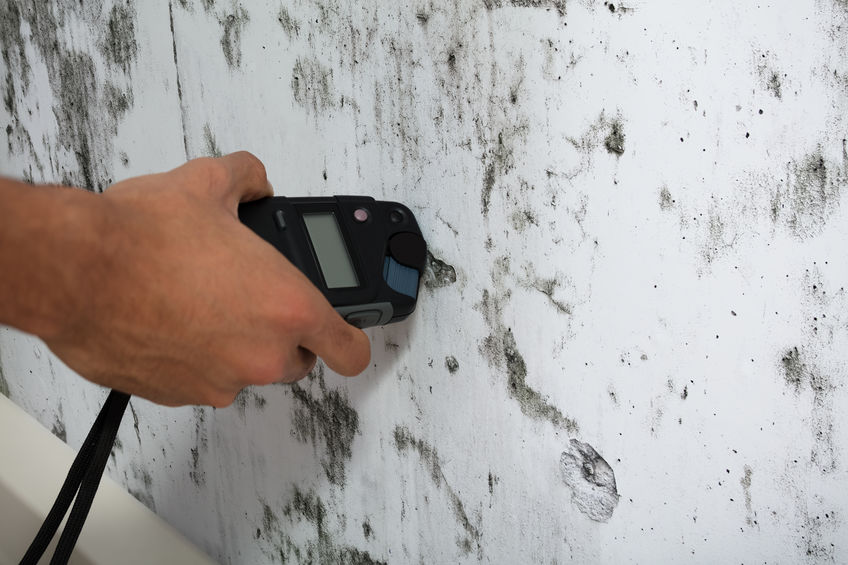Why You Should Get a Mold Inspection Before Buying a House
Buying a home is likely to be one of the most important purchases you will make in your entire life, so it only makes sense to take every possible step to limit the amount of risk you are exposing yourself to. For an increasing number of home buyers, calling for a professional mold inspection is a prudent way to verify a prospective home's quality before making a buying commitment.
Why mold is a threat
A serious mold infestation in a house has a negative impact on the home's indoor air quality. Although there are mold spores present to some extent in almost all of the air humans breathe, even a relatively minor increase in the density of airborne mold can cause health issues. Mold can cause a host of different respiratory problems, particularly for very young and very old residents and more serious and even fatal consequences are possible.
Mold has become increasingly important to Canadian homeowners in the last few decades because of the growing interest in energy efficiency in the home. More energy-efficient homes are generally more tightly sealed, leading to less air circulation. When combined with other factors that encourage residential mold growth, this low-circulation environment can become ideal for mold.
Beyond its health issues, mold is also a serious strike against a home's value. Buying a home with a pre-existing mold condition can lead you to significantly overpaying for the property. The remediation process required to get rid of the mold can be extremely expensive and even after cleaning the home thoroughly, it may still be difficult to sell.
How professional mold testers work
It is important to understand that there is a distinct difference between a mold inspector and an ordinary home inspector. Although a good inspector who tries to deliver a comprehensive report on the condition of a home before you buy it can spot the most obvious signs of a major mold infestation, rooting out hidden problems and diagnosing the exact nature of your mold issues calls for specialized expertise.
Residential mold testing typically starts with airborne sampling throughout the home, concentrating especially on areas with high humidity like basements. Elevated mold levels in the air may indicate the presence of a hidden infestation that can't be seen. In cases like this, mold inspectors will perform an "invasive" inspection by opening wall cavities and other normally inaccessible spaces.
When mold testing is vital
Mold testing can be extensive, especially if it involves demolition work and repairs. Many home buyers are hesitant to invest in comprehensive testing but going without it can be a serious risk. A serious mold infestation as confirmed by a qualified inspector can significantly impact the value of the home due to the health risks it poses. It can even be difficult to secure the financing you need to buy a home that has a confirmed mold problem.
It is always smart to invest in a professional mold inspection if you have any reason whatsoever to suspect a mold problem. Homes that have gone through significant water damage are prime candidates for inspection.
Fortunately, buyers and sellers can often work together to deal with mold issues in a manner that is safe and satisfactory for all concerned. Motivated sellers sometimes offer to cover the costs of testing and any required remediation work, while in other cases, the costs can be equitably divided between sellers and buyers.
While threatening levels of mold are still relatively rare in Canadian homes, you don't want to invest in a piece of property and then discover that it poses a health risk to your family. A mold inspection can be vital in giving a home a clean bill of health before you buy. This issue is too important to leave up to guesswork. Entrust the matter to a professional mold testing firm and know for certain what is lurking in a house you are thinking of purchasing.

